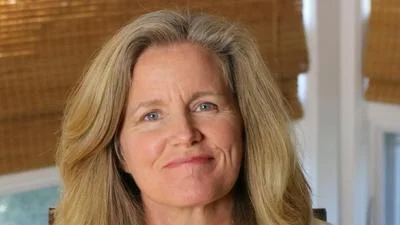Rep. Jeanne Ives
Rep. Jeanne Ives
Rep. Jeanne Ives (R-Wheaton) thinks Chicago Alderman Ameya Pawar may be putting the cart before the horse in his call for a universal basic income (UBI) system.
“Is anybody listening to Pawar?” Ives told the DuPage Policy Journal. “I hope not. He literally has no idea what he is talking about. He sounds the alarm that middle-aged white guys will be out of their trucking jobs due to automation and will need to have a UBI along with other poor forced out of jobs. He should focus on providing better education and job training, and attracting business to Chicago by lowering taxes and regulation. First things first, Mr. Pawar.”
The Intercept defines UBI as a system that operates by “giving a standard cash grant to everyone,” no matter what their station. The system is based on the premise that most people are in need of more money to cover their most essential needs.

Alderman Ameya Pawar
Pawar, who represents the 47th Ward, recently went public with plans for such a pilot program in Chicago where $500 a month would be delivered to 1,000 Chicago families, with no strings attached.
The plan would also result in the Earned Income Tax Credit being modified for those families, assuring that they receive and can incorporate their stipends into their regular, monthly budgets through a process known as “smoothing.”
In further pushing the plan he hopes Mayor Rahm Emanuel and the Chicago city council will soon move to implement, Pawar estimates that nearly 7 in 10 Americans don’t have $1,000 in the bank in the event of an emergency.
Chicago would be the largest city in the country to experiment with such a system, and Ives shares she and other lawmakers in Springfield have heard it all before where UBI is concerned.
“This UBI concept has been touted by conservatives before, but always as a replacement for any current welfare benefits and with qualifications on what the money can be used for,” she said. “That way you get rid of all the bureaucracy surrounding the disbursement of government benefits and thereby support the poor but save taxpayers money. The program Pawar speaks to is a supplemental payment from what I have read.”
In the end, Ives said the program shapes up as just another costly expenditure that local taxpayers can ill-afford.
“There is no way Chicago can afford such a program as they sit on $71 billion in debt or roughly $26,000 for every man, woman and child in the city,” she said.






 Alerts Sign-up
Alerts Sign-up